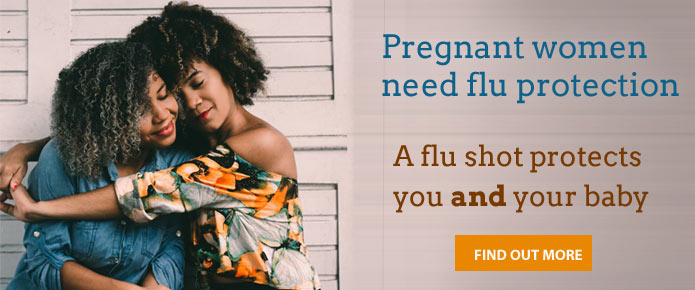What are some of the dangers of exposure to secondhand smoke?
- Secondhand smoke causes disease and premature death in children and adults that don't smoke, through cancer and damage to the cardiovascular system and lungs.
- Nonsmokers exposed to secondhand smoke at home or work increase their risk of developing heart disease by 25 to 30 percent, and increase their risk of developing lung cancer by 20 to 30 percent.
- Even short-term exposure can damage heart and lung function.
Why is second-hand smoke so dangerous?
- Cigarettes contain more than 7,000 chemical compounds, and secondhand smoke still contains many of these chemicals when it is exhaled by smokers.
- Hundreds of chemicals in secondhand smoke are known to be toxic and about 70 can cause cancer.
Are children highly vulnerable to secondhand smoke?
- Yes. Babies whose mothers smoke while pregnant - or are exposed to secondhand smoke after they are born - are more likely to die from Sudden Infant Death Syndrome (SIDS) than babies who aren't exposed. These babies also develop weaker lungs than other babies who aren't exposed to secondhand smoke.
- Secondhand smoke also causes bronchitis, pneumonia, and increases the risk for ear infections, as well as causing asthmatic children to suffer more frequent and severe attacks.
What can we do to protect ourselves and our loved ones from secondhand smoke?
- The most obvious advice is to avoid exposure to secondhand smoke as much as possible.
- A more longterm solution is to eliminate smoking in indoor spaces to protect the public's health.
- Separating smokers from nonsmokers, cleaning the air with filters, and ventilating buildings cannot eliminate exposures of nonsmokers to secondhand smoke.

